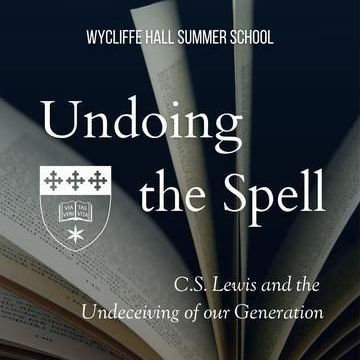A "Daniel Fast"? Rethinking Daniel 1
This term I'm teaching a class on Daniel. One thing we do together is read through the book together, chapter by chapter, focusing on what the text actually says and not what we think it says (as best we can, anyhow). The below are very much some thoughts "out loud" on what I noticed about what we read this week on Daniel 1.
***
Have you ever done a “Daniel fast”? I.e. basically a vegan diet (and if you’re doing it Daniel’s way it should be done for 3 years).
It’s easy when we think about Daniel 1 to think in terms of very Christian ideas about fasting as a way to honour God and keep our faith pure.
But that’s not really what we find going on in Daniel 1. His fasting isn’t a spiritual discipline in the way you might have talked about it in your small group. Nowhere does Daniel say it’s about his inward, spiritual state.
So what’s going on?
Well, Daniel 1 spans the Babylonian exile. The first few verses mentions when God “gave” Jerusalem into the hands of Nebuchadnezzar in 600s BCE. The last verse mentions Cyrus’ rise to power in 539BCE.
In this specific window of time the story of Daniel and his friends takes place. In chapter one, being prisoners of war to some degree, they are taken to the king’s court to be assimilated into Babylonian culture. These young, good-looking, educated, wealthy and well-connected men become victims of political conquest. Given their background and nobility, they prime targets for some shrewd political redirection, a not uncommon way of controlling your vassal states and peoples. Training the young, still-pliable, ruling class men in Babylonian ways and customs is a valuable empire-building strategy.
So the conquering king, Nebuchadnezzar, insists all such Judahite men are gathered together and trained in the way of the Chaldeans (these were elite Babylonian wise men, astrologers and diviners). The king promises food from his table for their diet for three years: fine wine and choice steak. What a new way of life!
But these men are also to lose a few things in the process. First to go is their names. Daniel becomes Belteshazzar, Azariah Abednego and so on. They would learn a new language and customs which (presumably) would mean forgetting about those that came before. But if Josephus’ histories are anything to go by, they quite probably lost more than that as well: Asphenaz who oversaw their training was the chief eunuch and Josephus remarks that many of the young men brought in for training became eunuchs themselves. Isaiah 39:7 seems to suggest the same thing. So it’s quite possible the same happened to Daniel and his friends.
Their Judahite identity was to be stripped away so they would look and sound like their captors. All personal integrity gone. And quite probably rendered impotent in the process.
In vv.7-8 there’s an interesting little bit of wordplay: Ashpenaz “places” on the Judahite men their Babylonian names. Immediately afterwards, Daniel “places” on his heart to not defile himself with the king’s food.
They were being groomed for loyalty to Nebuchadnezzar and Babylonian life, but Daniel makes this act of resistance. There are different possibilities as to quite why Daniel didn’t want the king’s food, but it seems to me to be most likely he didn’t want to associate with the king. To dine with food from the king's table was to suggest loyalty to the king and was a sign of honour.
The fast in Daniel 1 is less about an expression of pure faith, but some courage (whether it was wise or not I’ll leave you to decide) in face of seeing the temple in which you worship looted, being deported to a foreign land and being enlisted in a programme that is designed to remove your religious and cultural identity and make you conform. Daniel's decision was an act of quiet resistance.
And God honoured it.
He gave those with the authority the grace to hear Daniel out and make it possible for him to try the fast for ten days. It went well, so they got to continue for three years. Not once eating from the king’s table. A diet of vegetables (or possibly legumes or pulses).
Daniel and his friends made it through their training fitter, stronger and smarter than the others. But their wisdom was not because of the food they ate. It was another gift from God (v.17). Yes, they were still in exile and remained there till until the end of the empire. But they resisted pledging loyalty to the human king who was their captor, perhaps knowing what the narrator revealed to us right at the start in v.2: it was in the LORD who gave Judah into the human king’s hands in the first place.
******
Subscribe to
My Newsletter
Sign up here to receive quarterly updates (and occasional other news blasts) about how ministry is going and our move to the U.K.



